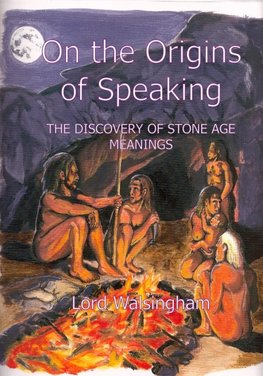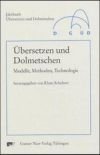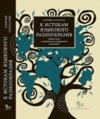
-
 Anglický jazyk
Anglický jazyk
On the Origins of Speaking
Autor: Lord Walsingham
"On the Origins of Speaking" is a book about etymology, that is the origins of words and their meanings, a book on the relatively new science of Linguistics, which reveals why they mean what they mean. The last fifty years of Linguistics have been in thrall... Viac o knihe
Na objednávku
20.25 €
bežná cena: 22.50 €
O knihe
"On the Origins of Speaking" is a book about etymology, that is the origins of words and their meanings, a book on the relatively new science of Linguistics, which reveals why they mean what they mean. The last fifty years of Linguistics have been in thrall to Professor Noam Chomsky of Massachussets Institute of Technology, MIT, and his Transformational Grammar, which he put together when he was still an undergraduate at MIT himself. The etymology has taken a back seat for the last fifty years and more, while language studies have been conducted in terms of symbolic logic, with logical terms treated as equivalent to mathematical ones. This originated with Gotfried Frege in Austria, in the eighteenth century, but had little influence until Bertrand Russell's "Principia Mathematica" (copying Newton) in the last century. It is perhaps more philosophy than science. Unthinking people think meanings are random.
But few scientific theories last unchanged for ever, and the pendulum is swinging the other way. Many more primitive languages have been researched in the two nests of hundreds of primitive languages in the Amazon Basin and the island of New Guinea, where different speakers are apt to exchange poisoned blowpipe darts when they meet rather than conversation. It keeps societies with the same language small and many of them, and their grammars, as well as undeveloped, are various; and most importantly are quite different from the grammars of the west. Their language genes are different from our language genes, if there actually are any genes involved in language. But when we address the actual circumstances of how we learned to speak it is clear we were only able to share our meanings as we learned to utter the single phonemes one by one by giving them meanings which were echoic, never mind our genes. So cucu meant a cuckoo; but generally the echoism was much more whimsical. The sharpest tone was ka and the sharpest job was flaking flints. The sound of flint on flint could be thought of as ka. Once the bare bottomed naming committees hunkered around their hearths had picked a meaning, then those in the know would repeat the action or point to the object while saying the consonant until everyone got it. It worked.
This is some way from speech today. Until the Tower of Babel (the Tau of Bab El, the change of the mouth of the Lord, that is to say of God's original language) - when, comparatively recently, (say some eight thousand years ago) we abandoned compiling our words from their constituent phonemes as we went along and just learned them by heart, like parrots, with their meanings as well} we spoke with single phonemes (mostly the consonants with three vowels to aid pronunciation, a, i and u (aa, ee and oo) and we soon learned to string them together for more meanings, derived from their first ones. It took hundreds of thousands of years, but eventually we abandoned Babel. We are much better at remembering single meanings than the meanings of all the individual phonemes and the composite meaning derived from each string. The heavy work is discovering all the original meanings of the phonemes (letters) and how they developed from there, by metaphor, one after the other; and it is largely done for you in this book. It took me forty years. Nothing like it before.
- Vydavateľstvo: New Generation Publishing
- Rok vydania: 2021
- Formát: Paperback
- Rozmer: 254 x 178 mm
- Jazyk: Anglický jazyk
- ISBN: 9781789556841




 Nemecký jazyk
Nemecký jazyk 
 Ruský jazyk
Ruský jazyk 




